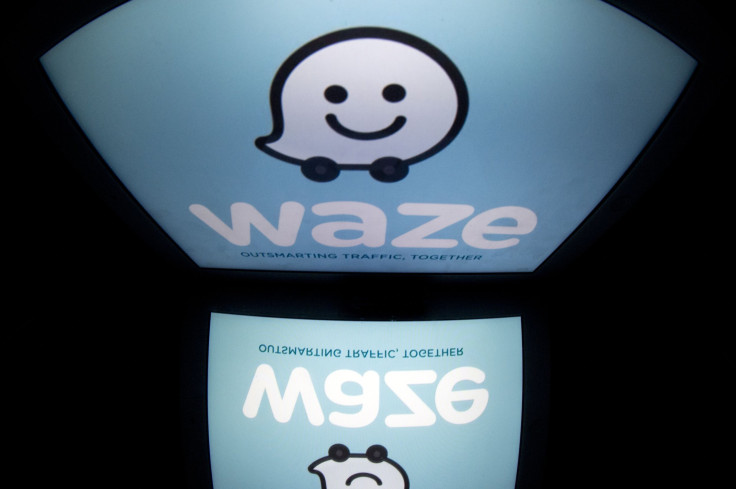Waze Expanding? Carpool App Grows To Entire United States

Commuters who want to get to work without driving themselves or relying on public transit now have another option, courtesy of Google.
The Google-operated GPS navigation app Waze announced Wednesday that its carpooling app would expand to the entire United States. Waze Carpool had previously spent the past two years in a testing phase in a handful of U.S. cities.
Waze is primarily a GPS navigation app, but it started offering local carpool matching in San Francisco in 2016. In the time since then, it expanded to a few other cities, but was not available to most of the U.S. until Wednesday.
It’s time, America. To end traffic. To crush rush hour. And to reclaim our commutes. Waze Carpool is now nationwide. Join the movement! #WazeCarpool pic.twitter.com/pfmRToXm2s
— waze (@waze) October 10, 2018
Waze Carpool allows riders to match with riders based on common destinations for a fee. It is not strictly a competitor to Uber and Lyft because it is solely meant to alleviate work commute traffic. Users can pick and choose drivers instead of being automatically matched with whoever is nearby. That means riders who are more comfortable with female drivers or who want to ride with co-workers are free to do so.
Google is offering a few incentives to both riders and drivers during the early period of Carpool’s expansion, per TechCrunch. Drivers and riders can both get $20 for referrals, with the former getting that money in cash and the latter getting it in app credit. In addition, rides are cheaper for riders who sign up in the first 21 days.
The Waze announcement emphasized the need to reduce rush hour traffic by encouraging workers to carpool instead of driving themselves.
“We all feel traffic getting worse; it is a trend that affects all of us. Despite effort and investment, road congestion, environmental hazards, and the strain on our transportation infrastructure continues to worsen. Traffic impacts our daily lives. Everyday tasks — like getting home or to work — are stressful, unpredictable, and inefficient. And as a society, we suffer from the ills of traffic: it’s a dangerous health hazard, environmental burden, and creates tremendous economic waste.”
The recent uptick in urban traffic has been partially attributed to the rise of Uber and Lyft.
© Copyright IBTimes 2025. All rights reserved.



















